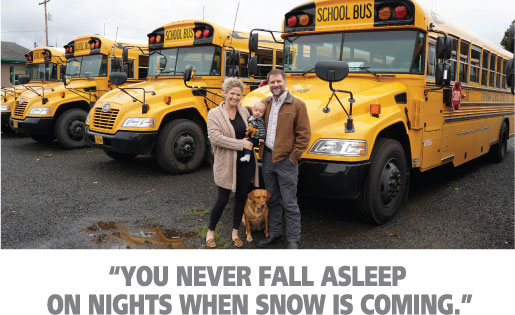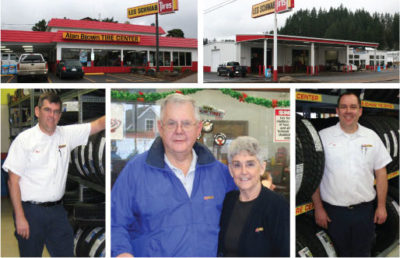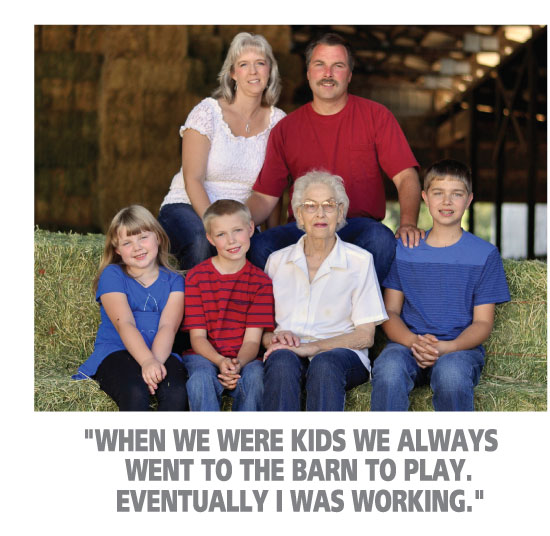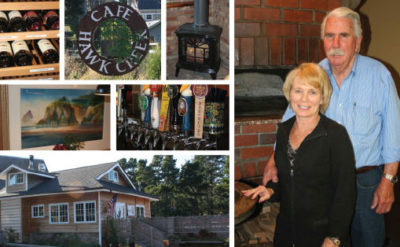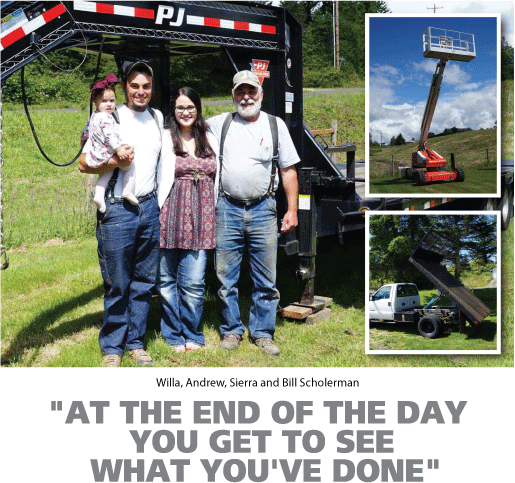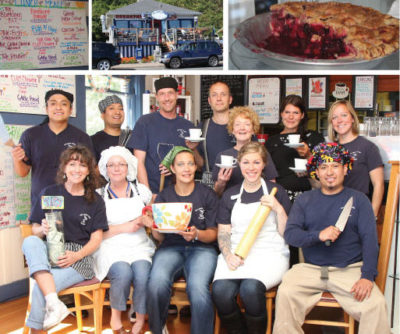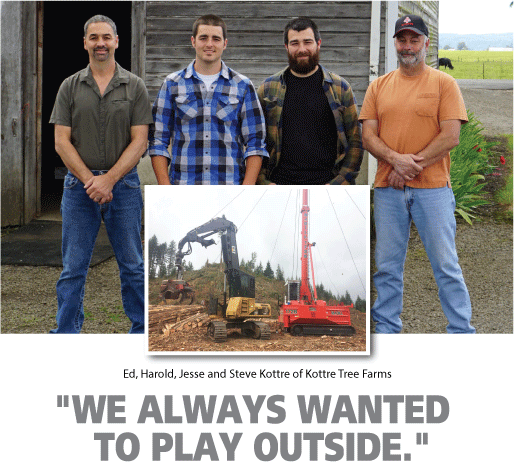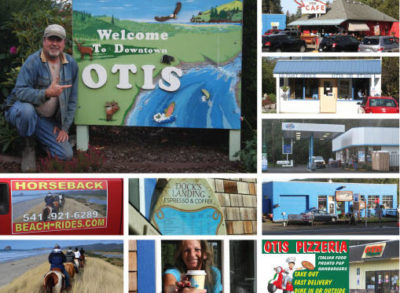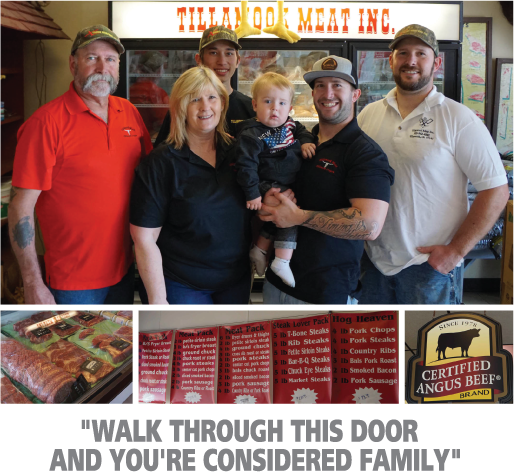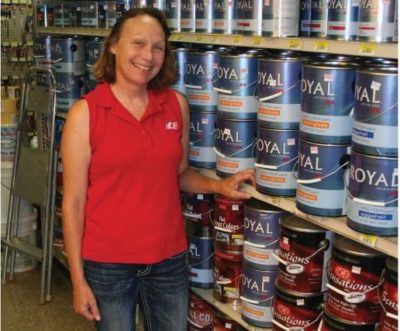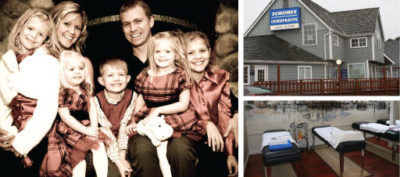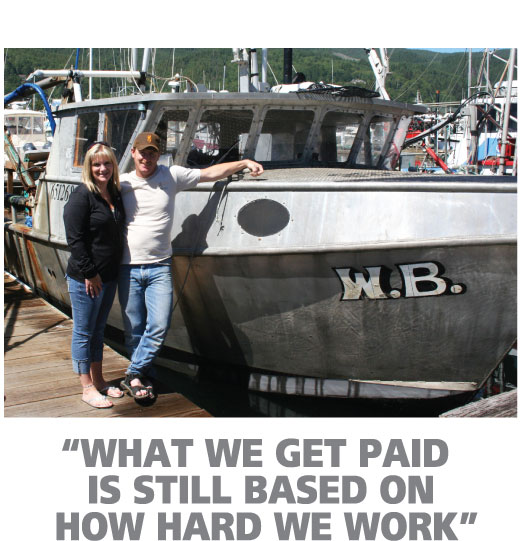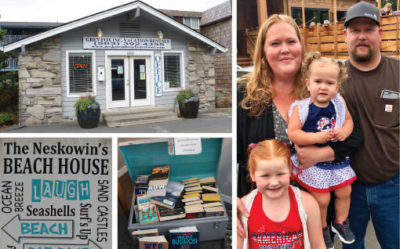Chris Wilks Construction
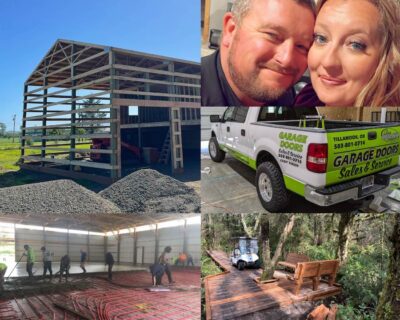
“When anyone asks us who to bank with, we send them to Oregon Coast Bank.”
For over 20 years, Chris Wilks Construction has built facilities for farmers, contracted with residential and commercial customers, and met the needs of businesses all over Tillamook. Oregon Coast Bank is right there with them.
“I’ve never referred my bank to anyone before,” Wilks said. “Now, when anyone has a question about who to bank with, we’ll send them to Oregon Coast Bank.”
Wilks started his company in 2000 after growing up on a family farm, helping with his dad’s logging company, and serving in the military. “I liked building and enjoyed it, and decided I’d start my company,” he said.
Now the business is getting ready to open a new garage door division, run by Wilks’s son. Transition can be stressful, but Wilks isn’t worried: one of the things he appreciates about the bank is “just not having to worry about the financial side of things. It’s nice to be able to pick up the phone; you don’t get that with a lot of banks. The managers have always gone above and beyond.”
At Oregon Coast Bank, Wilks said, tellers know you by name, service is responsive, and business can get done on the spot. “They’re just better on the customer service side. They truly do make you feel that they want to involve you in everything.”
As a result, Wilks envisions a long future between the bank and his family business. “The business will continue with them through other generations,” he said.
More Stories
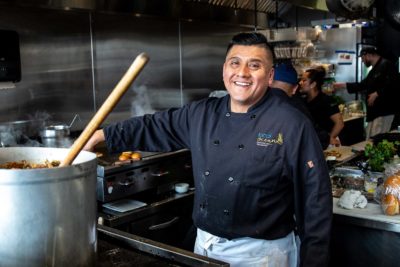
Local Ocean Seafood
It may sound like an urban myth, but on several occasions foodies have actually flown into Newport Municipal Airport and…

Don Sheeley
Don Sheeley grew up in Banks; his wife Debbie Boone is from Beavercreek. Hard work got them to the point…
